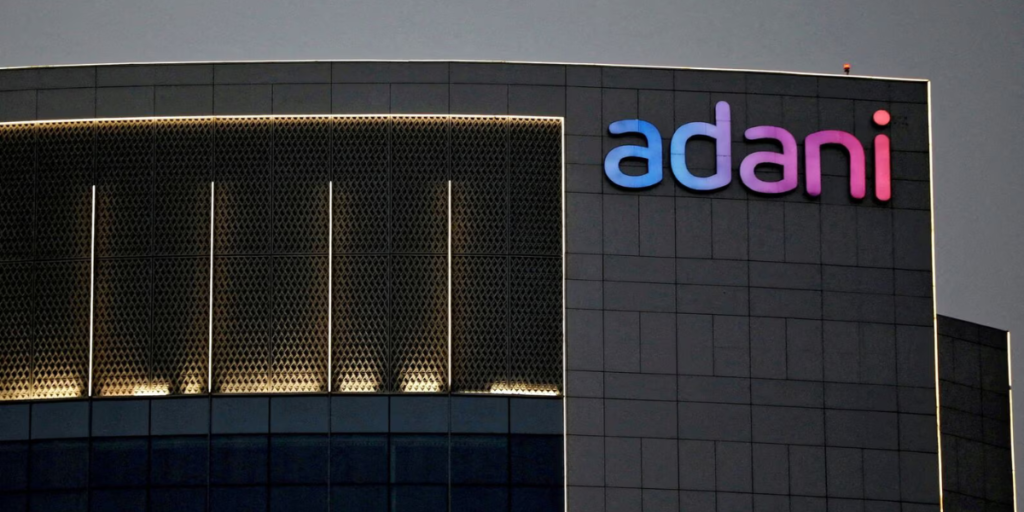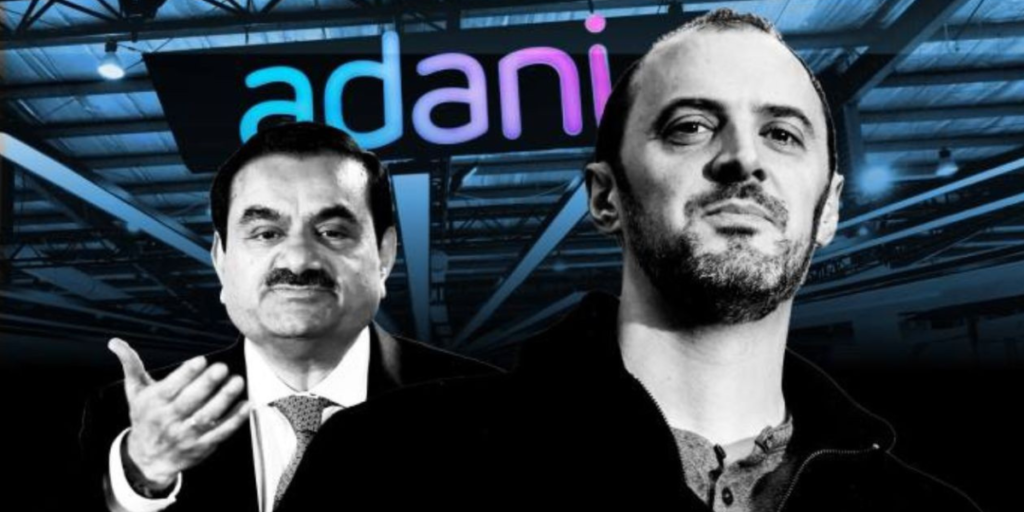Introduction:
The Adani-Hindenburg case has been a focal point of controversy, with allegations of market manipulation and accounting fraud leveled against the Adani Group by the US-based short seller, Hindenburg Research. The Supreme Court recently delivered a significant verdict, refusing to transfer the investigation from the Securities and Exchange Board of India (SEBI) to a Special Investigation Team (SIT). This article delves into the details of the case, the Supreme Court’s verdict, and its implications on the Adani Group.

Table of Contents
Role of SEBI
The Securities and Exchange Board of India (SEBI) is the regulatory body responsible for investigating the allegations made by Hindenburg Research against the Adani Group. The Supreme Court of India has directed SEBI to complete its probe within three months. SEBI’s role is to investigate whether the Adani Group made relevant disclosures and complied with the regulatory framework. If SEBI finds that the Adani Group failed to make a disclosure related to any material development, it can initiate a formal probe by issuing a showcase notice. However, SEBI’s role is limited, and it can only investigate if certain disclosures have not been made by the company
I. Background of the Adani-Hindenburg Controversy:
The Adani Group, a conglomerate headed by billionaire Gautam Adani, faced severe scrutiny when Hindenburg Research released a report accusing the group of market manipulation, accounting fraud, and improper use of tax havens in January 2023. The report led to a substantial decline in the share prices of Adani Group entities, resulting in almost $150 billion in market value erosion.
II. Supreme Court’s Verdict and SEBI Investigation:
A. Key Demands Rejected by the Supreme Court:
- Dismissal of reliance on third-party reports.
- Affirmation of faith in SEBI’s handling of the case.
- Refusal to form an SIT or group of experts for a parallel investigation.
B. Supreme Court’s Stand on Third-Party Reports:
- Third-party reports, such as those by Organized Crime and Corruption Reporting Project (OCCRP) and Hindenburg Research, deemed inconclusive proof.
- Allegations of conflict of interest against members of the court-appointed expert committee rejected.
C. SEBI’s Progress and Timeline:
- SEBI’s completion of 20 out of 22 investigations.
- Direction to SEBI to conclude the remaining two investigations within three months.
- Solicitor General Tushar Mehta’s assurance on the finalization of 22 out of 24 investigations.
III. Market Reaction and Adani Group Stocks:

The Supreme Court’s verdict had an immediate impact on the stock market, particularly Adani Group stocks. Intraday trade on January 3 saw a surge of 3 percent to 18 percent in Adani Group stocks, resulting in an overall market capitalization of over ₹15 lakh crore. The verdict was perceived as favorable for the Adani Group, leading to a notable uptick in share prices.
IV. Implications for Investors and the Securities Market:
A. Strengthening Regulatory Framework:
- Supreme Court’s directive to the Government of India and SEBI to consider suggestions from the expert panel led by Justice A.M. Sapre.
- Emphasis on taking necessary actions to fortify the regulatory framework for investor protection and the orderly functioning of the securities market.
B. Allegations of Short Selling:
- SEBI and other investigative agencies tasked with probing allegations of short selling resulting in the loss of investors’ value.
- Government and SEBI urged to take appropriate actions following the law.

Conclusion:
The Adani-Hindenburg case verdict by the Supreme Court marks a pivotal moment in the ongoing saga, reaffirming SEBI’s jurisdiction over the investigation. The dismissal of demands for an SIT and skepticism towards third-party reports underscore the court’s faith in the regulatory process. As the Adani Group stocks experience a positive surge, the broader implications on the regulatory framework and investor confidence remain critical aspects to monitor in the aftermath of this landmark decision

